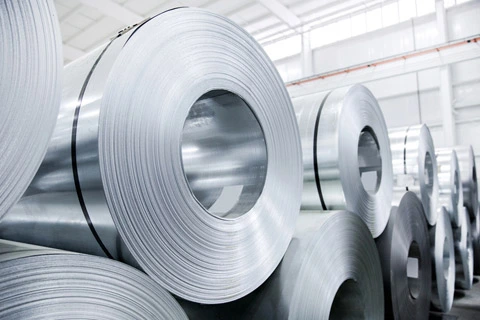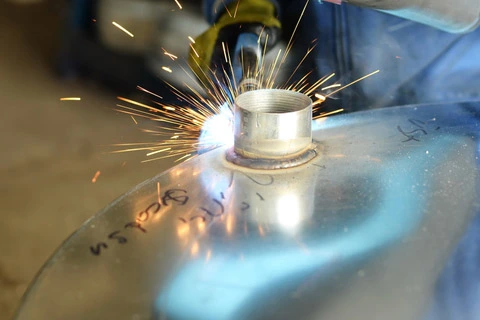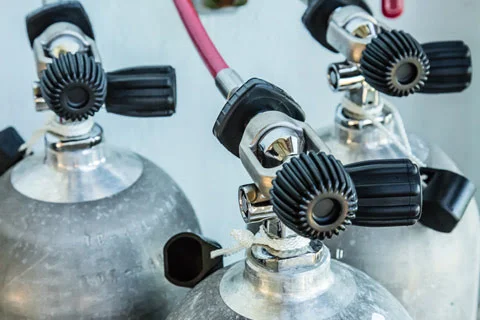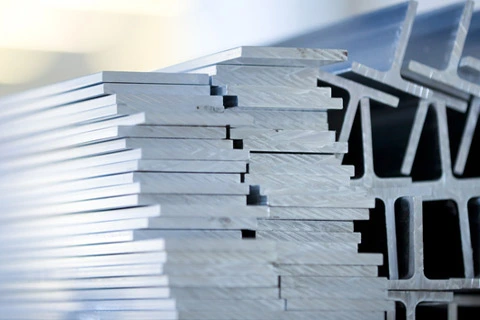
General Aluminum Standards
General Aluminum Standards cover working in working with aluminum in structural applications as well as a comprehensive guide for producers and users of aluminum. Other standards relating to alloys and more are included in this category.











